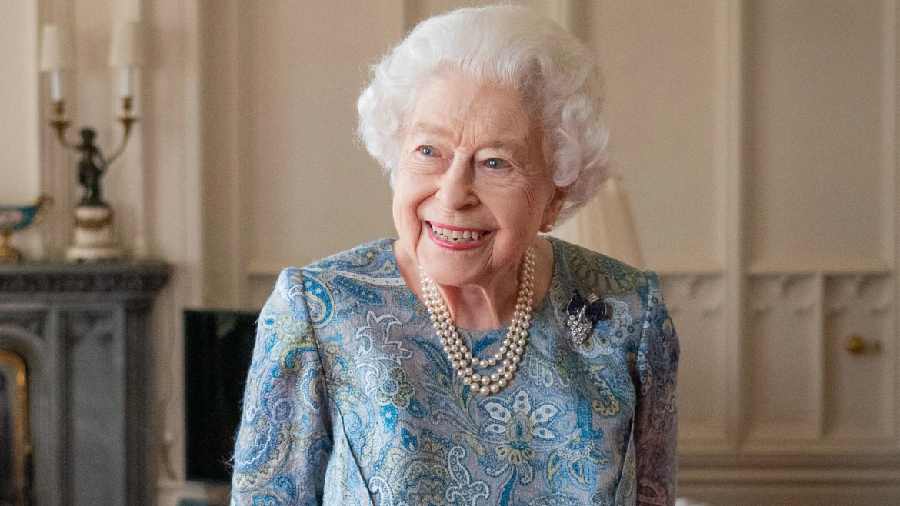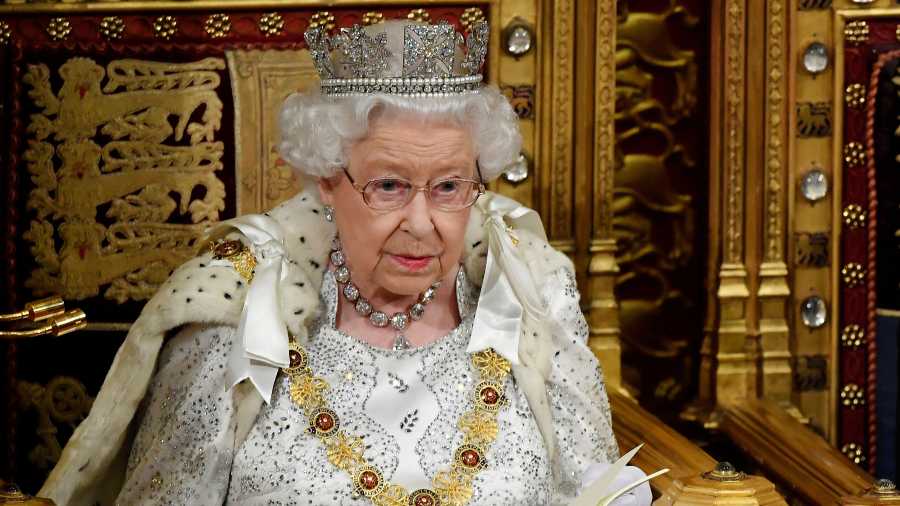As India observes state mourning on Sunday over Queen Elizabeth II's death, many people questioned the decision after the government's attempts to remove "symbols of slavery" by rechristening Rajpath and unveiling a new naval ensign drawing inspiration from Chhatrapati Shivaji.
The Britain's Queen Elizabeth II, fondly known as Lilibet, breathed her last on Thursday at Balmoral Castle in Scotland. She reigned as UK's longest-serving monarch for 70 years. She was 96.
"For a country which changed the Naval ensign saying symbols of slavery shall be removed, declaring state mourning is a contradiction," said Swapnil Narendra, a Delhi based writer.
While people around the globe grieved for the Queen and highlighted her contribution to hundreds of charities, many others remembered how the countries colonised by the British paid for their legacy.
Ananya Bhardwaj, PhD scholar at The George Washington University, said, "As an Indian, I identify as a postcolonial subject and hearing of the one-day mourning for the Queen in India is very disheartening."
"I do not agree with people who say they mourn the Queen and not the Empire because the title through we know her comes from that imperial institution. Therefore, seeing her in the absence of the Empire she represents makes no sense," she said.
Purva Mittal, a PhD scholar and political consultant, feels that the government is following "protocol" by announcing the state mourning. "India received membership of the Commonwealth of Nations without swearing upon allegiance to the Crown. The decisions of official mourning are based on political standing and international relations."
India is a part of the Commonwealth of Nations, a political association of 56 member states, the vast majority of which are former territories of the British Empire.
Just as the news of Queen's demise started doing the rounds of the internet, several netizens on Twitter demanded that the Kohinoor diamond be brought back to India, while others criticised the government's decision of announcing state mourning for the UK's longest-serving monarch.
"Now can we get our #Kohinoor back? Reminder that Queen Elizabeth is not a remnant of colonial times. She was an active participant in colonialism. #QueenElizabeth #India," a Twitter user said.
Another user tweeted, "The decision to mourn the death of #QueenElizabethII by #India is tantamount to disrespecting and insulting our freedom fighters and their sacrifices."
Mittal said, "The Queen was said to be the binding force between the Great Britain and its colonies, often forgetting that the past and the said association were based on subordination, gaslighting the indigenous culture and grand theft of national treasure. Her demise marks the end of a tainted chapter in world history."
On the other hand, there are people who feel that the government's statements and decisions are out of sync.
"I have no problem with the mourning but I am confused with what my government is trying to tell me. If we are to do away with the symbols of slavery why are we mourning the death of our coloniser's queen?" Narendra said.
Prime Minister Narendra Modi on Thursday had said that Kingsway or Rajpath, a "symbol of slavery", has been consigned to history and erased forever and asserted that a new history has taken birth in Kartavya Path and this along with the statue of Netaji Subhas Chandra Bose at India Gate will now guide and inspire the country.
At the commissioning of India's first indigenously built aircraft carrier INS Vikrant on September 2, the prime minister also unveiled the new Navy ensign, saying the country has taken off a "burden of slavery."
Madhulika Gupta, a marketing professional, said, "I think royalty or not, it's unfair to mourn the loss of someone whose crimes against humanity, racist and white-supremacist behaviour has been well documented."
"Her demise is the end of an era, a reign underlined with colonising, unabashed stealing from the Commonwealth countries, causing famines, putting countries 50 years backwards and not apologising for any of it," Gupta said.












